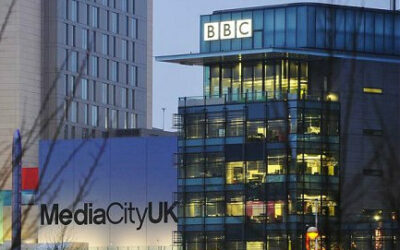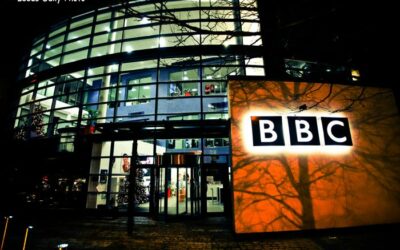The NUJ has responded angrily to yesterday’s BBC announcement of its latest efforts to find savings in the face of a frozen licence fee, uncertainty over its future funding model, and the cost-of-living crisis.
Under the new plans, 139 jobs will be lost nationally across the BBC’s radio offering, many local radio stations will be reduced to just daily ‘local’ shows on weekdays, and late afternoon, evening and weekend broadcasting will increasingly be merged into either regional or national programming.
The BBC countered the local radio cuts by noting that it will be investing further in digital services, including by creating new positions that should see the local radio job losses restricted to less than 50.
Paul Siegert, National Union of Journalists national broadcasting officer, said: “This is the biggest threat facing local radio since it launched in 1967. The key to its success over the past 50 years has been its localness. When it stops being less local it loses its USP. People in Kent don’t care about what is going on in Sussex. If these proposals are allowed to go ahead it will be the beginning of the end for local radio. The NUJ is not opposed to the BBC investing in digital services, but it should not be at the expense of local radio. Over 5 million people listen to it and many of them pay their licence fee largely because of local radio. Tonight, they have every right to be angry.”












